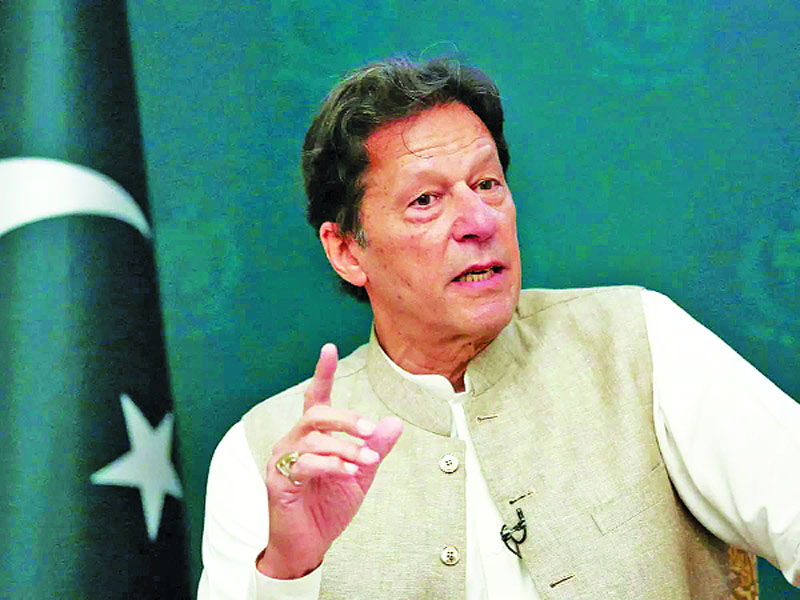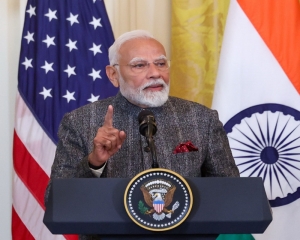Imran Khan believes that his popularity can be a shield, but Army deploys force, not popularity
Former prime minister Imran Khan’s Pakistan Tehreek-e-Insaf (PTI) has moved the Supreme Court against the trial of civilians allegedly involved in the May 9 attacks on Army installations in military courts. The party has informed the apex court—which seems to be favourably disposed towards Khan—that terming the trial in military courts is a “clear violation” of the constitutional guarantees of due process and fair trial. The PTI’s petition adds another element to the political crisis in Pakistan; the crisis is unprecedented because Khan has challenged the Army in a manner no politician in its 76 years of history ever did. He has expressed the possibility of getting arrested again when he goes to court in Islamabad on Tuesday to join the probe in the Al Qadir trust case, ARY News reported. The prospects could be worse if he and his supporters are tried in military courts. Cognisant of these prospects, he seems to have cooled down his anti-Army rhetoric. In a recent interview with an international channel, he said that he has “no problem” with Chief of Army Staff (COAS) General Asim Munir: “I have no problem with him, but he seems to have a problem with me.” This is much different from his earlier remarks on the COAS.
Khan is the most popular leader of Pakistan, much more than any of his rivals in the Government; this is the reason that he has been demanding national elections which are due by November this year. This is not surprising, for he was already a national hero, because of his impressive achievements in cricket, when he joined politics in 1996. He had also endeared himself to the people of his country by the cancer hospital he built in memory of his mother. Starting literally from scratch, he built his PTI and made it a force to reckon with. While it is true that he became prime minister with the help of the Army only and his years in office did little to improve anything in Pakistan, it is undeniable that this didn’t cost him popular support. If anything, he is more popular now than he was in 2018 when he became prime minister. Unsurprisingly, he is betting on his popularity, which he believes will help him take on the mighty Army which has ruled, directly or indirectly, the country for most part. But then, there won’t be a popularity contest in Pakistan. As Husain Haqqani, Pakistan’s former ambassador to the United States and currently a scholar at the Hudson Institute in Washington, told a news agency, “The military’s power comes from its ability to deploy force, not popularity—Pakistan’s generals like being liked but they like being in control even more.” Besides, Khan is facing many criminal cases, including of graft and terror incitement; conviction in any of them can result in his disqualification from participating in elections. Corruption in Pakistan politics is not unusual, but Imran has always claimed to be an honest and upright leader. It remains to be seen if his popularity can be as strong a shield as he thinks it is.



























